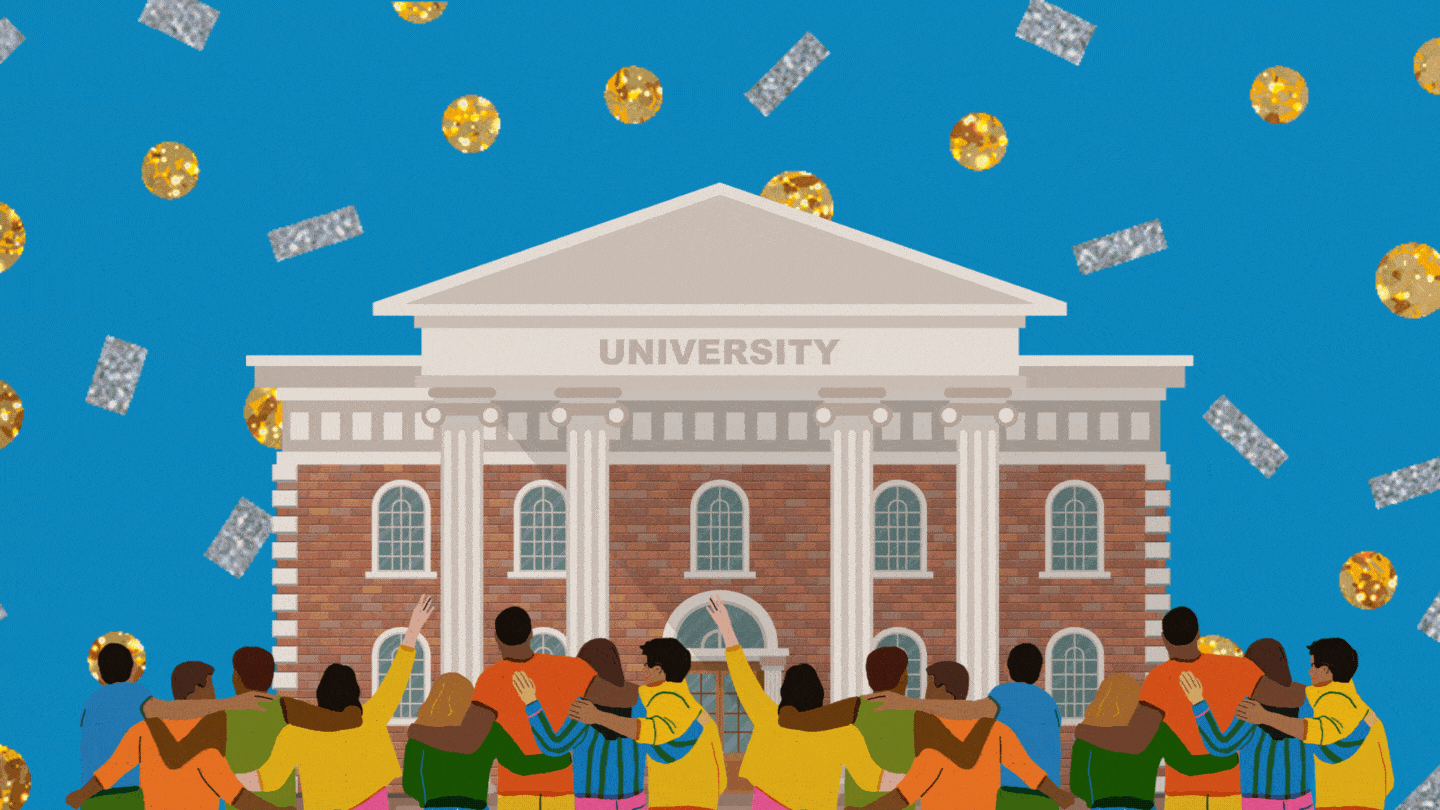About 60% of applicants don’t get accepted to a single medical school. That sounds intimidating — and it probably should.
Based on how difficult it is to get into medical school, the last thing you want to do is ruin your chances by making silly mistakes on your primary or secondary applications. These can cost you in the long run, but I have good news: They’re easy to avoid!
Read this list of common medical school application mistakes to avoid to make sure that you’re not one of those applicants.
Submitting with Grammar and Spelling Errors
If no advisor or trusted mentor has said it yet, let me be the first: There are no excuses for grammar and spelling errors on a medical school application. If you want to
Be especially careful with the grammar on your primary application, because every single school will receive that application. If there is a mistake on your personal statement or works/activities section, every school’s admissions committee could potentially see it.
Yes, there’s a ton of writing to complete. However, there are several ways to prevent this from happening:
- Use a spell-checking app. Grammarly offers a fantastic, free service to catch grammar and spelling errors. (And no, this is not an ad!)
- Ask an AI chatbot to proofread your written passages. There are many ways you can use AI in an ethical way, and proofreading is one of my favorites. ChatGPT or Claude can proofread large blocks of text and make not only improvements to your spelling and grammar, but also sentence structure and tone.
- Ask 2-5 people to proofread your application. I recommend at least one of these be a medical professional, such as a professor or doctor you’ve shadowed. Friends and family are great, but pros are more likely to catch issues similar to what a medical school application committee might notice.
- Get help with your med school application. MedSchoolCoach is a great resource for comprehensive medical school application services, from guiding you through crafting and writing your personal statement to helping you ace the MCAT. Considering all that rides on your application, investing in this will give you the peace of mind that your application isn’t just free from grammar and spelling issues, but that it’s structured in the most ideal way for you to get the “YES” from your dream school.
Using AI to Write Your Essays
Sure, it feels tempting to ask a computer to help you create a compelling story about why you chose to become a doctor. But whether or not an AI-generated essay is written with perfect grammar, an inauthentic story is the fastest way to earn yourself a rejection from every medical school you apply to.
ChatGPT and similar programs have changed the game for applying to medical school. Unfortunately, many students use chatbots as a shortcut, rather than an aid. The end result is generic and unsustainable.
Imagine the embarrassment of being invited for a medical school interview, only to be asked about the fake story ChatGPT wrote for you that “inspired you to become a physician.” Your only options are to keep up a lie or admit what you did.
There’s no ethical way around it — this should get you rejected.
WATCH: I took part in a roundtable discussion about how AI is impacting the medical school application process. Don’t get me wrong; I think AI has a lot of benefits to offer medical professionals and students. We talked about how to use AI to your advantage, and what to avoid. Check it out!
Not Having the Right Letters of Recommendation
Most schools require you to have at least 3 letters of recommendation: two from science professors and one from a non-science professor. Nevertheless, each school may vary on these requirements.
Some schools have a maximum or minimum number of letters permitted or required. Other schools may require additional letters from non-professors, especially research supervisors.
Make sure you have the correct number of letters and the correct type of letters for each school.
Putting the Wrong Medical School on Your Secondary Application
This is probably one of the most common mistakes I’ve seen in over a decade of medical school application consulting.
Since most applicants want to minimize the amount of work they need to do, if two or more schools have the same essay prompt in their secondary applications (usually a common question like, “What makes you unique?”), applicants will copy and paste the same answer into both applications.
You will most likely do this, too. So, ensure you make the proper adjustments when it comes to the different school names. You do not want to paste your NYU answer (with NYU’s name in the essay) onto Columbia’s secondary.
This is not only embarrassing but will also ruin your chances of getting an interview from the school you made a mistake in naming.
Formatting Errors on the Secondary Application
Some schools have secondary applications that specifically require you to not copy and paste your essays from a word processing program such as Microsoft Word or Google Docs.
Copying and pasting may create formatting errors that make it impossible for admissions committees to read your answers.
If you need to copy and paste from somewhere, save in Rich Text Format or use programs like TextEdit or Notepad to strip all additional formatting.
We’ve compiled a list of secondary essay prompts from nearly 200 medical programs (updated Fall 2023) to help you write standout essays.
Not Including All Your Extracurricular Activities or Important Accomplishments
This may seem intuitive, but applicants actually do forget to include significant extracurricular activities or important accomplishments in the works/activities section.
Avoid this by preparing a comprehensive list in chronological order early on. Check the list regularly and make sure it is accurate and up to date.
These precautions will make filling out your application very easy. Make sure you receive credit for all the hard work you did in college!
Want the best chances at getting an acceptance? Let MedSchoolCoach help. Their comprehensive application advising services can double your chances of acceptance at the school of your choice.



